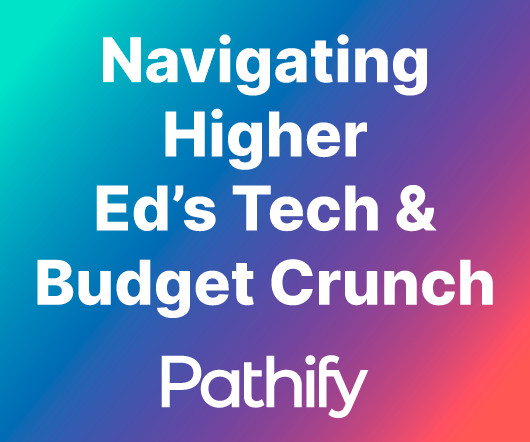When Tweets Go Wrong: Dealing with Negative Reactions on Twitter
The Academic Designer
OCTOBER 16, 2020
A common fear or anxiety academics have about Twitter is that someone will have have a strong negative reaction to something you share. The extreme version of that fear: What happens if your tweet becomes front page news? Let's talk about what happens when tweets go wrong.











Let's personalize your content